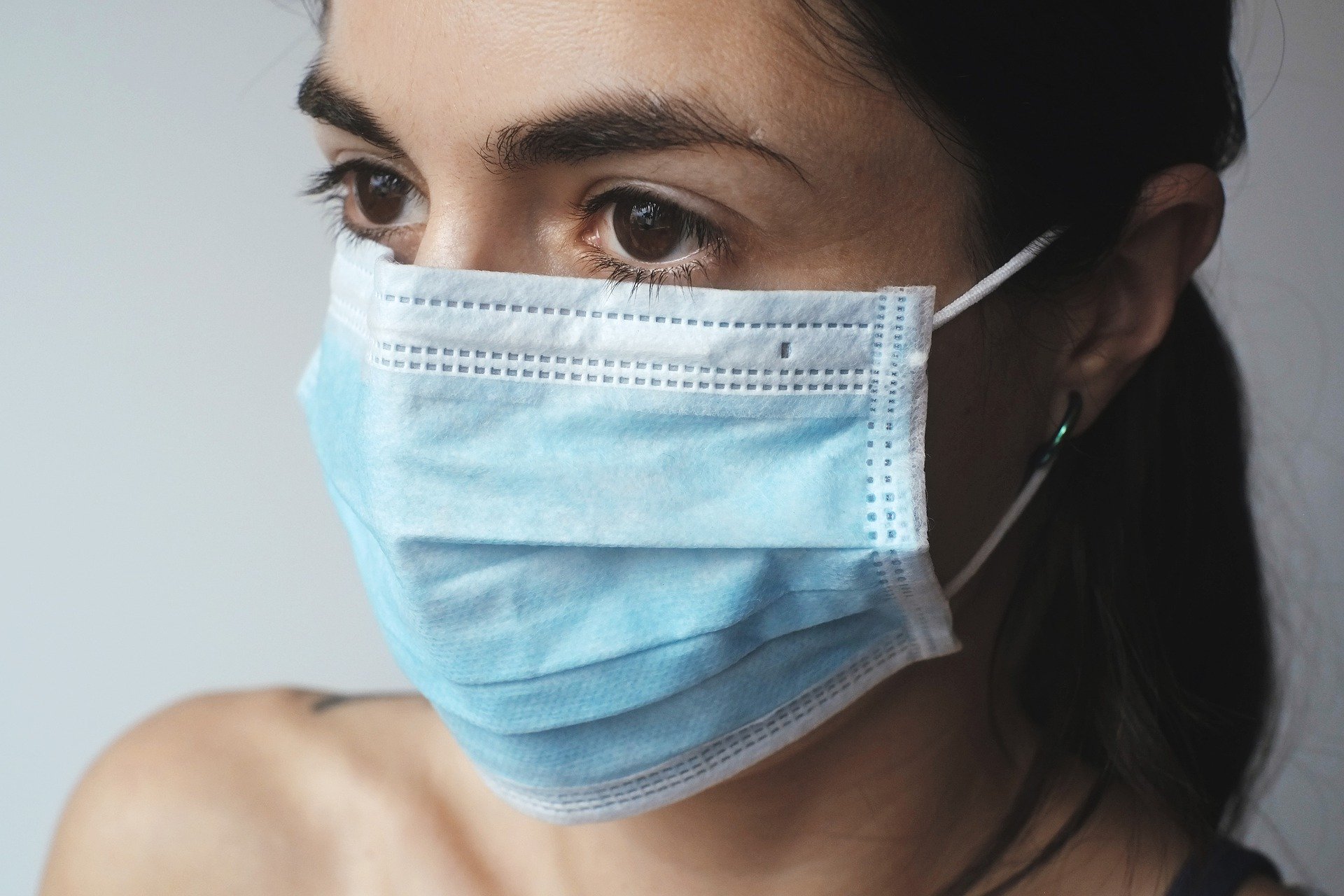Introduction to vaccine efficacy
Vaccines have long played a crucial role in safeguarding public health by preventing the spread of infectious diseases. One key aspect that determines the effectiveness of vaccines is their efficacy. In simple terms, vaccine efficacy refers to the ability of a vaccine to prevent disease development in individuals who have been vaccinated. It provides a measure of how well a vaccine works under controlled conditions, such as clinical trials.
Understanding the importance of vaccine efficacy studies
Vaccine efficacy studies are essential in evaluating the effectiveness of vaccines before they are approved for public use. These studies involve rigorous testing to determine how well a vaccine can protect individuals from a specific disease. By measuring the efficacy of a vaccine, researchers can assess its potential to reduce the incidence and severity of the targeted disease.
Furthermore, vaccine efficacy studies provide valuable data on the duration of protection conferred by vaccines. This information enables public health officials to make informed decisions regarding the timing and frequency of vaccination campaigns, as well as the need for booster shots.
Key factors that determine vaccine efficacy
Several factors influence the efficacy of vaccines. One crucial factor is the immune response generated by the vaccine. Vaccines work by stimulating the immune system to recognize and eliminate specific pathogens. The strength and duration of this immune response can vary depending on factors such as the vaccine formulation, the type of antigen used, and the route of administration.
Another important factor is the level of exposure to the targeted pathogen. In some cases, individuals may be exposed to higher levels of the pathogen, which can reduce the effectiveness of the vaccine. Additionally, individual characteristics, such as age and overall health, can impact vaccine efficacy. For example, vaccines may be less effective in older adults or individuals with compromised immune systems.
Recent studies on vaccine efficacy for common diseases
In recent years, numerous studies have focused on assessing the efficacy of vaccines for common diseases. One notable study revealed the high efficacy of the measles-mumps-rubella (MMR) vaccine, which demonstrated a 97% efficacy in preventing measles. This finding highlights the success of widespread vaccination efforts in controlling and eliminating measles outbreaks.
Another study examined the efficacy of the influenza vaccine in preventing severe illness and hospitalization. The results showed that the vaccine reduced the risk of hospitalization by 40% among adults aged 65 and older. These findings emphasize the importance of annual influenza vaccination, particularly for vulnerable populations.
Vaccine efficacy and the COVID-19 pandemic
The COVID-19 pandemic has placed vaccine efficacy at the forefront of public health discussions. The development and deployment of highly effective vaccines have been critical in controlling the spread of the virus. Multiple vaccines, such as the Pfizer-BioNTech and Moderna vaccines, have demonstrated remarkable efficacy rates of over 90% in preventing COVID-19 infection.
Moreover, ongoing studies are assessing the long-term efficacy of these vaccines and their ability to protect against emerging variants of the virus. These studies are essential for guiding vaccination strategies and ensuring the continued effectiveness of COVID-19 vaccines.
Exploring the challenges in measuring vaccine efficacy
Measuring vaccine efficacy presents several challenges for researchers. One key challenge is the need for large sample sizes to obtain statistically significant results. Vaccines are typically tested in thousands of individuals to ensure accurate assessments of efficacy. Additionally, the nature of infectious diseases and their unpredictable transmission patterns can complicate the measurement of vaccine efficacy.
Another challenge lies in determining the appropriate endpoints for efficacy studies. Some diseases, such as COVID-19, have multiple endpoints, including infection, severe illness, and death. Researchers must carefully consider which endpoints to prioritize when evaluating vaccine efficacy.
The impact of vaccine efficacy on public health
The impact of vaccine efficacy on public health cannot be overstated. Highly efficacious vaccines have the potential to significantly reduce disease burden and mortality rates. By preventing infections, vaccines also contribute to the overall reduction in healthcare costs associated with treating infectious diseases.
Furthermore, high vaccine efficacy plays a crucial role in achieving herd immunity. When a significant proportion of the population is immune to a disease, it provides indirect protection to those who are not vaccinated or cannot receive vaccines due to medical reasons. This concept is particularly relevant in the context of the COVID-19 pandemic, where achieving herd immunity through vaccination is critical in ending the spread of the virus.
Vaccine efficacy vs. vaccine effectiveness: What’s the difference?
While the terms „vaccine efficacy” and „vaccine effectiveness” are often used interchangeably, they have distinct meanings. Vaccine efficacy refers to the performance of a vaccine under ideal conditions, such as in controlled clinical trials. On the other hand, vaccine effectiveness refers to how well a vaccine works in real-world settings, where factors such as compliance, population characteristics, and natural exposure to pathogens can influence outcomes.
Understanding the difference between vaccine efficacy and effectiveness is crucial in interpreting study results and informing public health policies. While a vaccine may have high efficacy in clinical trials, its real-world effectiveness may vary due to factors that cannot be fully controlled or predicted during the study phase.
Future directions in vaccine efficacy research
As scientific understanding and technological advancements continue to evolve, future vaccine efficacy research will focus on several key areas. One area of interest is the development of vaccines with broader protection against multiple strains or variants of a pathogen. This approach will enhance the effectiveness of vaccines in the face of evolving infectious agents.
Additionally, researchers are exploring novel vaccine platforms, such as mRNA vaccines, which have demonstrated exceptional efficacy in recent studies. These advancements hold promise for the development of more effective vaccines against a wide range of diseases.
Conclusion: The significance of vaccine efficacy in protecting public health
In conclusion, vaccine efficacy is a critical measure of how well vaccines prevent disease development in vaccinated individuals. Through rigorous studies, researchers can evaluate the efficacy of vaccines and ensure their safety and effectiveness before widespread use.
The COVID-19 pandemic has underscored the importance of vaccine efficacy in controlling the spread of infectious diseases. Vaccines with high efficacy rates have been pivotal in mitigating the impact of the pandemic and saving countless lives.
Moving forward, continued research and advancements in vaccine efficacy will play a vital role in protecting public health. By understanding the factors that influence vaccine efficacy, addressing challenges in measurement, and exploring future directions, we can strengthen our defenses against infectious diseases and ensure a healthier future for all.
CTA: Stay informed and protect yourself and your community by getting vaccinated. Vaccines are a crucial tool in preventing the spread of infectious diseases and safeguarding public health. Consult with your healthcare provider to learn more about vaccination options and schedules. Together, we can build a healthier and more resilient world.




